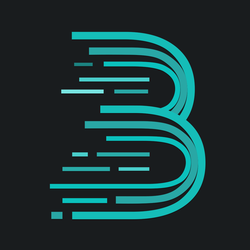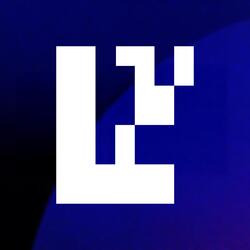Binance, a popular cryptocurrency exchange with more than 170 million users globally, has disabled its peer-to-peer (P2P) feature for Nigerian consumers. Known as the P2P market, the network allows users, buyers, and sellers to interact without the involvement of a third party. It gained popularity among Nigerians in 2021 when President Buhari’s administration banned the country’s thriving cryptocurrency business. Following the naira’s rapid devaluation, which led to inflation hitting a nearly three-decade high of 29.9%, the FG focused its attention on websites that provided bitcoin services. These websites have become a viable tool for conducting commerce and establishing an informal value for the naira.
The Central Bank of Nigeria voiced concern about the $26 billion received by Binance Nigeria from “unidentified sources” the previous year.
-
“In the case of Binance, $26 billion has passed through Binance Nigeria in the last year alone from sources and users who we cannot adequately identify,” said Olayemi Cardoso, the chairman of the “.
The CBN’s chief also advised that the Office of the National Security Adviser (NSA), the Securities and Exchange Commission (SEC), the police, and the Economic and Financial Crimes Commission (EFCC) collaborate to combat such unlawful financial operations.
The federal government has banned Binance and other cryptocurrency businesses’ websites to combat what it sees as continued manipulation of the foreign exchange market and illegal money transfers. Two top Binance executives were detained in Nigeria, as the country attempts to crack down on cryptocurrency exchanges to quell naira speculation.
Last week, Nigeria restricted many cryptocurrency trading websites, so the CEOs flew to Nigeria for a resolution with the Federal Government. However, the Office of the National Security Adviser, captured, detained, and seized their passports.
The FG has ordered the executives of the world’s largest cryptocurrency exchange, who are now in custody, to provide information on any transactions done on the Binance platform using Nigerian Naira in the last seven years. They also ordered Binance to delete some Nigerian-related information from its website.
First, the government obtained a court warrant to detain the officials for at least twelve days. In a press conference, President Bola Onanuga’s spokesperson claimed Binance was “blatantly” determining the exchange rate and taking over the CBN’s position as the entity that sets currency rates.
The NCC asked telecom firms to block access to several of the world’s largest bitcoin exchanges, such as Binance, Coinbase, and Kraken. And now the platforms, majorly Binance have disabled its P2P feature for Nigerian currency.
According to Nigeria’s senior state officials, cryptocurrency firms allow money launderers and currency speculators to conduct criminal activities. Authorities believe that “criminal activities” on the platforms are a key contributing reason to the naira’s collapse.
According to Chainalysis, Nigeria continues to have the largest cryptocurrency usage in Africa and is one of the most developed in the world, with a 9% yearly growth rate. Nigeria is ranked third out of just six nations that have seen sustained development since 2021.
Nigeria has one of the world’s youngest demographics, with 43% of the population under the age of 15, as well as one of Africa’s fastest-growing populations, with a current population of 223 million. A younger, tech-savvy populace, paired with falling smartphone costs, is creating new opportunities for cryptocurrency-related industries.





























































































































